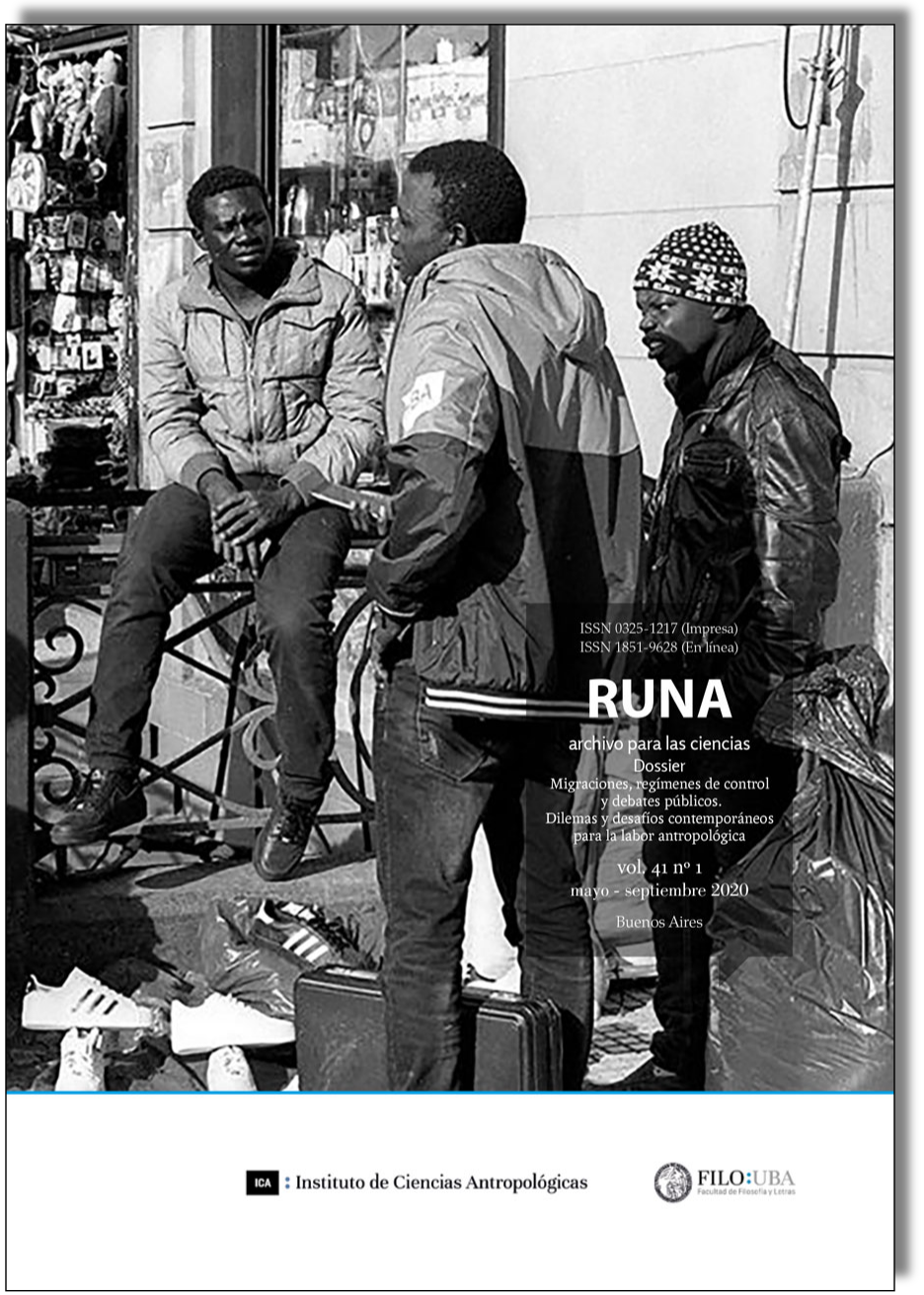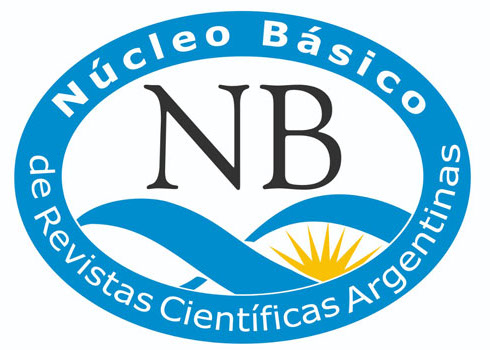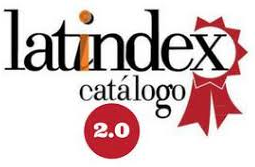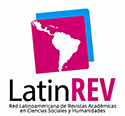Participation and democratization in primary school: opening and limitation
Abstract
When the rule of law was restored after the last dictatorship in Argentina (1976-1983), it became of main importance to consolidate and strengthen democracy in educational institutions. From that moment, the creation of spaces for student participation in secondary schools increased considerably. However, at the primary level there is still a certain vacancy related with participation spaces. It is possible to argue that this situation is based on the naturalized conceptions that define children as subjects without autonomy of thought and unable to participate in school daily life. From the reconstruction and analysis of a Grade Council in a public elementary school in the Ciudad Autónoma de Buenos Aires during 2016-2017, through an historical ethnographic approach, the processes of appropriation and meaning expressed by children and teachers are documented and analyzed around participation in this space.Downloads

Runa, archivos para las ciencias is a publication of the Instituto de Ciencias Antropológicas, Facultad de Filosofía y Letras, Universidad de Buenos Aires and is distributed under a Creative Commons Attribution 4.0 International License.
Runa maintains its commitment to the policies of Open Access to scientific information, considering that both scientific publications and publicly funded research should circulate on the Internet freely, free of charge and without restrictions.
The contents and opinions expressed in published articles are the sole responsibility of their authors.



















